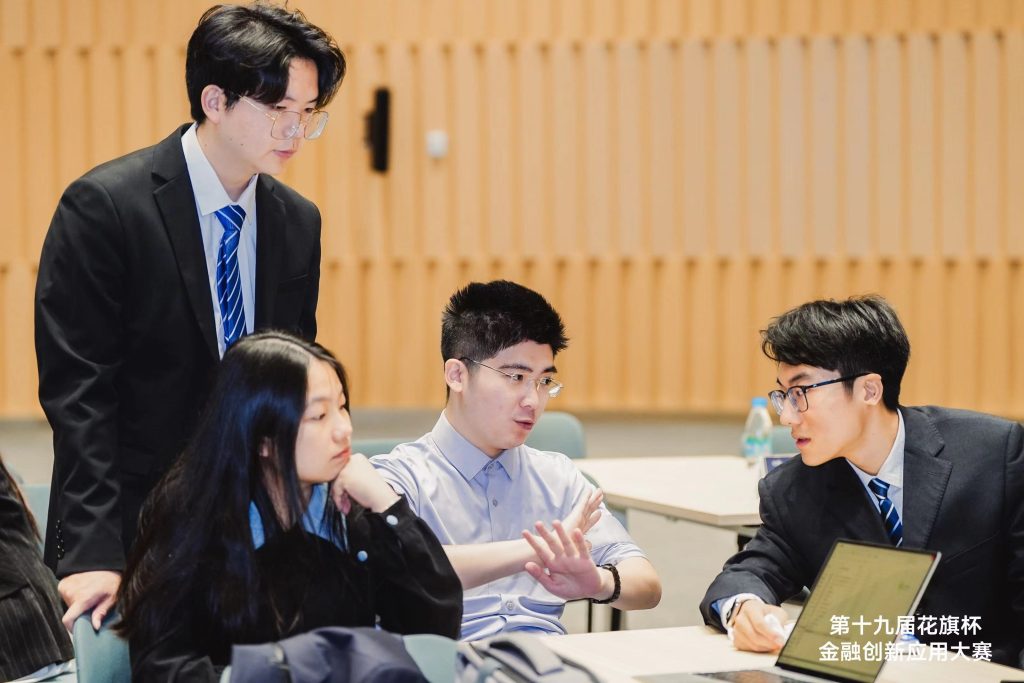23 Jul 2024
An International Monetary Fund-issued magazine predicts financial institutions will double their spending on AI by 2027. This trend reflects that financial sector has already deployed AI in banking supervision and decision-making. However, Dr Anselm Küsters, Divisional Head of Digitalisation/New Technologies at the Centre for European Policy, warns that AI tools trained on past data may lead to financial crises in unprecedented situations.
In response to this, XJTLU Entrepreneur College (Taicang) (XEC) organised the 2023-2024 Citi Financial Innovation Application Competition (Citi Cup). The competition attracted 1,059 students from 175 universities worldwide to pitch projects on applying AI in risk management in financial institutions.
A multi-university team, including students from XJTLU, Wuhan University, China Foreign Affairs University, and Fuzhou University Zhicheng College, won the grand prize for their practical AI project on forecasting investment risks.
 Exhibition featuring projects from the top 20 teams at the Citi Cup
Exhibition featuring projects from the top 20 teams at the Citi Cup
The team presented their project in the final round of the competition, showing that capital structures can cause a chain reaction on financial risk.
Yumeng Yu, a Year Three student from XEC’s School of Intelligent Finance and Business, presented an equity network example of CIFI Holdings (Group) Co. Ltd to explain further.
“CIFI is a leading real estate enterprise in China. In the second half of 2021, it was dragged into financial liabilities because a bunch of companies, which CIFI invested money in, had experienced financial crises,” Yu said.
 Yumeng Yu (left) and her team member pitching their project to the judges
Yumeng Yu (left) and her team member pitching their project to the judges
Peichen Xie, a postgraduate student from Wuhan University, then presented a tool that displays equity networks among different companies.
“Our team developed a chart based on AI data mining and machine learning. This chart illustrates equity relations between companies, and it consists of equity relationships among financial entities. It incorporates tens of thousands of financial-related data,” Xie said.
According to Xie, this tool can help forecast potential chain reactions and financial risks, and assist companies in adjusting their capital structure to become more resilient during economic crises.
 Peichen Xie (second from right) and other team members
Peichen Xie (second from right) and other team members
According to Yu, the team benefited from a large dataset provided by their mentors. Professor Jiawei Jiang from Wuhan University’s School of Computer Science and Professor Liang Hong from the Wuhan’s School of Information Management authorised the team the database.
“The database gave us a foundation and a direction to collect more data for our project,” Yu said.
 Peichen Xie delivering an acceptance speech
Peichen Xie delivering an acceptance speech
By Haolun Xu
Edited by Xinmin Han and Patricia Pieterse
Photos courtesy of XEC’s School of Intelligent Finance and Business
23 Jul 2024







